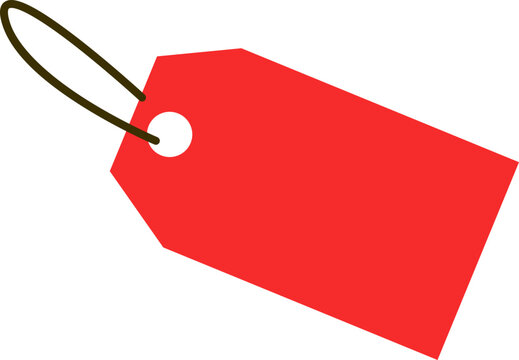Contrary to accepted doctrine, we have no grounds for regarding so-called economic liberties as less important or less worthy of protection than so-called personal, or civil, liberties. That’s because we have no essential grounds for distinguishing so-called economic ends from so-called personal ends. (Let’s dispense with the “so-called” qualifier for the sake of fluency.)
Each of us pursues ends, full stop. Our ends vary widely in content and time required for accomplishment. Some are achieved quickly; others require prolonged effort and can be called projects. Some directly involve money-making; others don’t. What could be more personal than deciding how to earn a living? Why should the sort of end sought matter to the discussion of liberty?
Ends imply action, purposeful behavior. The laws and logic of human action — praxeology, Ludwig von Mises called it — thus apply to all action (the word purposeful is redundant) no matter what is sought and by whom, whether it’s Jeff Bezos or whoever succeeded Mother Teresa. The involvement of money is irrelevant. Ends, means, costs (opportunities forgone), profit, loss, and time (explicit or implicit interest) are all relevant concepts regardless of the ends we seek. As the British economist Philip Wicksteed put it, “The general principles which regulate our conduct in business are identical with those which regulate our deliberations, our selections between alternatives, and our decisions, in all other branches of life.”
Economics as an important discipline, Thomas Sowell emphasizes, is a way to analyze action, no matter its objective. It is how we understand the unplanned social consequences and institutions — property, markets, money, prices, and so on — that unfold when diverse people with divergent personal preferences aim at objectives using scarce resources that could be used in multiple ways. It’s the study of the social cooperation that emerges among widely dispersed strangers as an unintended byproduct of individuals’ pursuit of happiness. It’s not the particular objective that makes an activity “economic.” It’s an aspect of human action in itself.
Nevertheless, it is common in government offices and many people’s minds to rank economic liberty below personal liberty. Samuel Johnson said, “There are few ways in which a man can be more innocently employed than in getting money,” but many disagree.
An infamous footnote in a New Deal-era Supreme Court decision, which upheld a federal ban on interstate trade in filled milk, formalized and reinforced the ominous distinction between economic and personal liberty, which had replaced an earlier more fully pro-liberty view. The footnote seemed to say that while the government probably can’t interfere with, for example, the exercise of religion or expression, it probably can interfere with the exercise of commerce and manufacturing. In the latter activities only, the government should be allowed great leeway to interfere.
Opponents of the free market (translation: opponents of the market) say that what distinguishes the two categories is that economic activity affects other people in important ways. That cannot be sustained because virtually all actions and abstentions affect other people in myriad important ways, some positive and some negative. Someone’s choice of religion, artistic expression, or political speech might bother (metaphorically harm) others. Personal liberty might offend and hurt someone’s feelings. But we wouldn’t want the government to regulate that, would we?
Lately, some people have realized that the exercise of traditionally protected civil liberties can negatively affect others as much as, if not more than, commercial activities can. Unfortunately, they advocate extending government power to the former rather than withdrawing it from the latter.
The matter of speech and expression demonstrates the artificiality of the division between economic and personal activities. People often engage in artistic activities and political speech in part to make money. It’s both commerce and expression. Which liberty category should it go into?
We can take this further. Commerce is expression. Sellers ask prices and buyers bid them. That’s communication. Adam Smith said, “The offering of a shilling, which to us appears to have so plain and simple a meaning, is in reality offering an argument to persuade one to do so and so as it is for his interest.” Sellers and buyers can’t compel, so they must try to persuade; each can say no. Since competitors are also free to ask and bid — that is, make counterarguments — dissatisfied sellers and buyers have alternatives. Where freedom reigns, the potential for competition keeps market participants on their toes. (If the government restricts entry to assist its cronies, that is the activity that must be stopped.)
Further, as arguments, prices function as signals — messages — indicating to everyone the state of supply and demand. This facilitates the coordination — cooperation– of countless people as they pursue their disparate projects. It is a mass communications network, spontaneous and undesigned. Government interference with the price system should be struck down as a First Amendment violation.
Why, then, is potentially violent political intervention defended according to inessential distinctions? No good grounds are offered. All interventions should be opposed. If A and B agree on terms for the sale of goods or services, including wages, it’s no one else’s business. Minimum-wage laws, price controls, rent caps, land-use restrictions, occupational licensing, patents and copyrights, government-enforced union rules, etc. all have to go.








